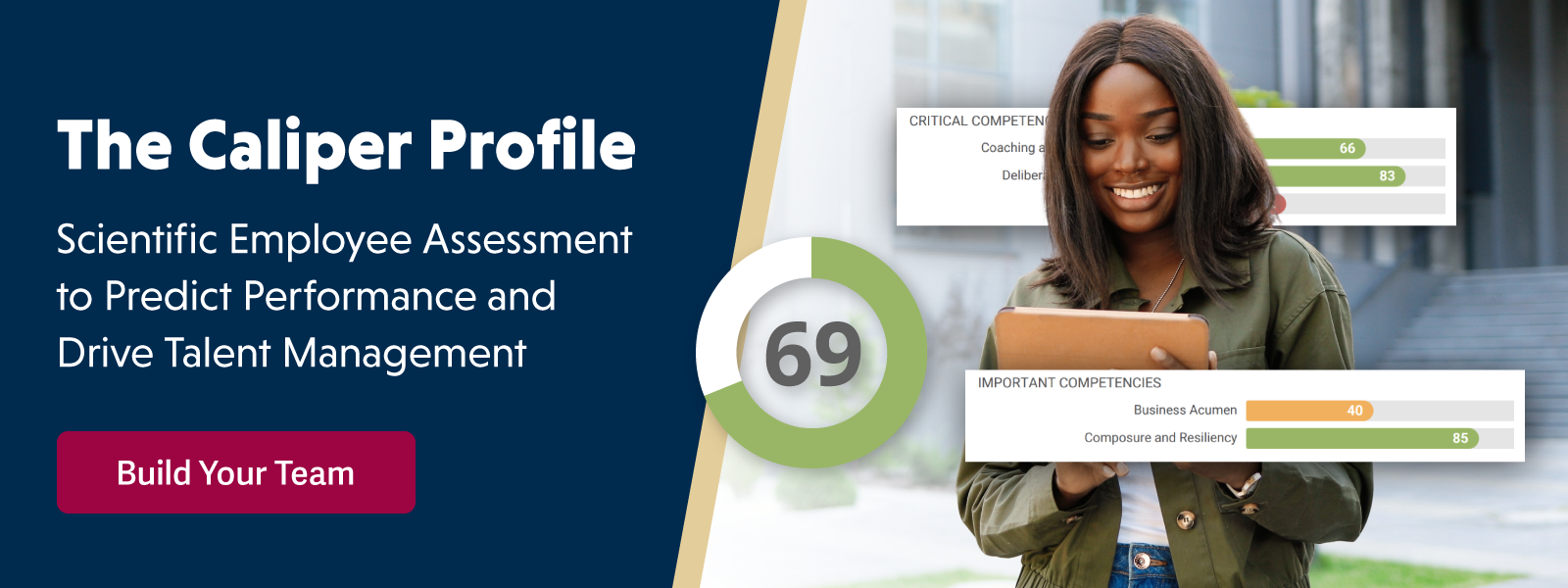Chances are, your workplace has had to make many sudden changes over the past 18 months. And, chances are, your employees are likely feeling the effects of so much change over so little time.
Recent studies conducted by Gallup have found that 57% of US workers say they are overstressed at work. The excessive levels of stress employees are facing aren’t just hurting their mental health but also are hurting their ability to work productively.
Business closures, shifts to remote work, changes in processes, and unrealistic workplace expectations are all drivers of heightened stress, leaving senior leaders and managers in a tough spot. In today’s business climate, you need to actively take measures to mitigate your employees’ stress and demonstrate to them that you care about their needs; otherwise, your best talent might just leave you.
Below are three reasons why senior leaders and managers should embrace an empathetic approach to leadership.
When you embrace an #empathetic approach to #leadership, @CaliperCorp says that you’ll find more highly #productive and #engaged employees: Click To Tweet1. Empathy boosts productivity.
Our world has undergone significant shifts over the last few years. Businesses have been in crisis mode, adjusting to new challenges and disruptions at unprecedented levels. This leaves many employees feeling confused, uninformed, and frustrated.
As a leader, you need to understand your employees’ frustrations and help address and reduce these stressors wherever possible. Prolonged feelings of frustration can lead to burnout, which harms productivity and engagement across all levels of your organization.
When leaders practice empathy, they demonstrate to their employees that they genuinely care and are working to find the answers to their problems. In other words, you need to show your team that their complaints and concerns aren’t just falling on deaf ears but that you’re processing the information and working to find a solution.
What you’ll find in return is that your employees are much more motivated to show up and perform exceptional work. Findings show that 76% of employees are engaged with their job when senior-level leaders demonstrate empathetic leadership. That’s nearly triple the percentage of employees that classify themselves as engaged and productive with less empathetic leadership.
2. Empathy reduces peoples’ intent to leave.
Caring is cool. And showing you care for the employees at your organization matters. Not just for your engagement rates but also your retention rates.
Leading with empathy enables senior leaders to play a pivotal role in reducing turnover that direct managers can’t. Empathy helps you relate to your team on a personal level, showing you care about each other beyond just a professional transaction. And, as senior leaders, your thoughts, actions, and words matter, because people from all levels of your organization look to you for guidance.
When you believe that your organization truly cares about you and your success, you are much more likely to be satisfied in your role. Employees that are satisfied with their job and employer are unlikely to look elsewhere for employment. Recent studies back up this claim, with 79% of US workers saying that empathic managers and leaders would reduce their likelihood of leaving the organization.
The findings make complete sense: the more that you actively invest in the well-being of your employees, and the more visibly you show that you support them and care about their aspirations, the more likely they are to stick around and produce quality work.
@CaliperCorp says that you need to embrace #EmpatheticLeadership to help #retain your best talent. See why in their latest blog: Click To Tweet3. Empathy fosters inclusivity.
At its core, empathy is all about understanding one’s point of view and relating it to others with a level of respect and compassion. Empathy means listening and helping without judgment and supporting each other in your goals.
Now, amid disruption and change, empathy means showing that you understand the hardships people face and doing what you can to reduce additional uncertainty or stressors in their lives.
Within the workplace, embracing empathy means you can put yourself in your colleagues’ shoes. This often means listening to your internal teams’ feedback and asking for deeper insights to better understand their perspective. This allows you to effectively plan any changes with consideration to your team’s needs, expectations, and wishes.
Naturally, empathy and inclusivity run along the same vein. When you take measures to understand someones’ perspective and consider their needs carefully, you are fostering a culture of inclusivity and respect. As we all know, company culture is built from the top down. As a senior leader, if you practice and encourage your team to embrace an empathetic approach to work, you can create a welcoming team, respect one another, and support each other where you need it.
No one could have predicted the kind of changes we’ve experienced over the past few years. The impact of the global pandemic has been hard on employees, leaving many people feeling unsupported and overwhelmed. Leaders need to recognize these hardships and embrace an empathetic approach in their management styles to reduce these stressors and create a committed, productive team, ready to tackle any potential challenges.
At Caliper, we believe that the key to solid leadership lies in continuous development. Our science-backed solutions are built to help you create an approach to personal development tailored to your needs. With a focus on self-awareness and recognizing your individual strengths, our Development Series helps you identify and capitalize on unrecognized opportunities. To learn more about our solutions, reach out to our team today!


